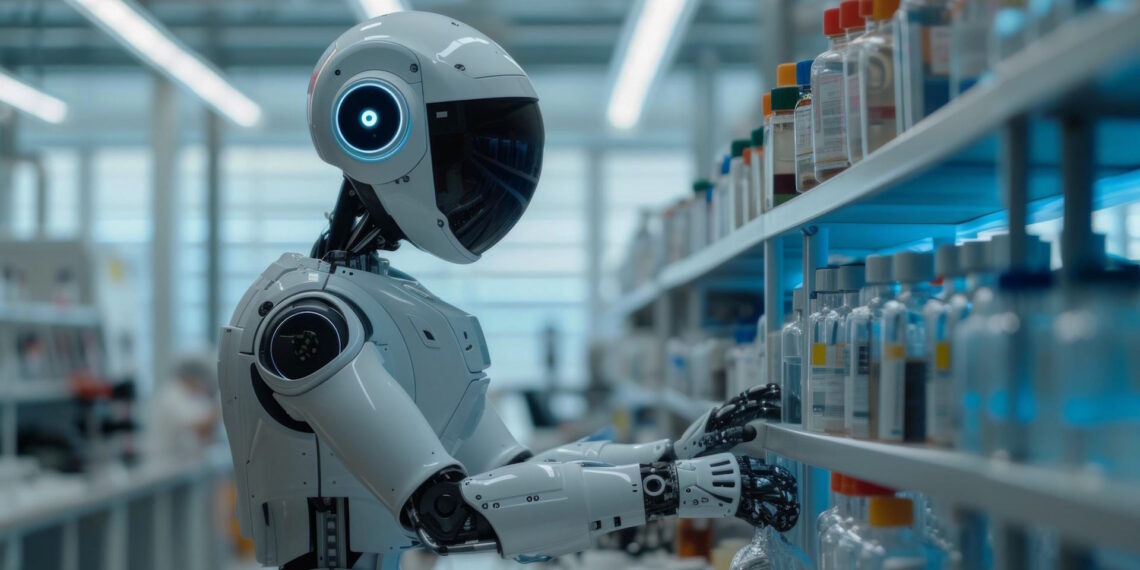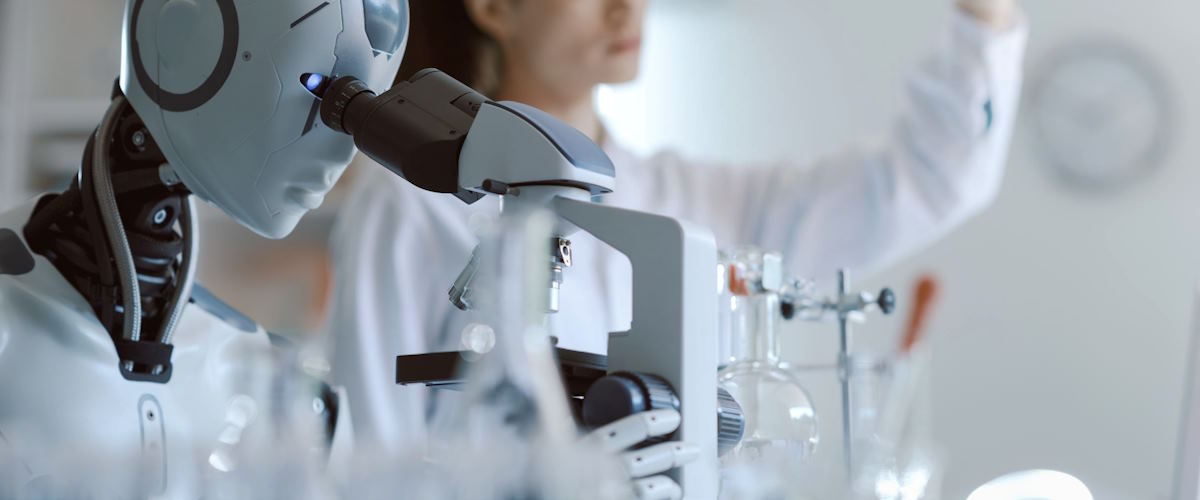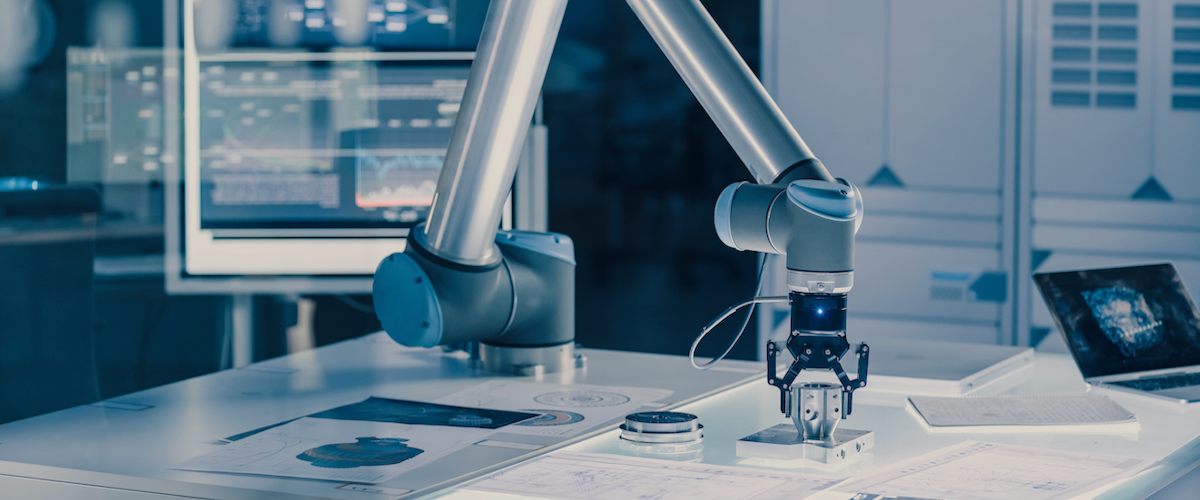The Role of Robotics in Advancing Scientific Research

Robotics has become a critical component in advancing scientific research, significantly improving efficiency and accuracy in various fields, particularly in medical research and healthcare innovations. This article explores how robotics is enhancing laboratory experiments, enabling complex biological and chemical analysis, and transforming medical research.
Robotics in Medical Research and Healthcare Innovations
The integration of robotics in medical research is revolutionizing the way scientists approach disease diagnosis, treatment development, and patient care.
- Robotic Surgery: Robotic systems, such as the da Vinci Surgical System, allow for minimally invasive surgeries with high precision, reducing recovery time and improving patient outcomes.
- Medical Research Automation: Robots are used to automate repetitive tasks like sample collection, sorting, and testing, freeing researchers to focus on complex problem-solving.
- Drug Discovery: Robots are used in high-throughput screening to quickly test thousands of drug compounds, speeding up the discovery of new medications and treatments.
- Personalized Medicine: Robots enable the development of personalized treatments by analyzing vast amounts of patient data, tailoring therapies to individual genetic profiles.
Robots in healthcare and medical research are not only improving the quality of care but also opening new doors for innovative treatments and technologies.

Automation in Laboratory Experiments
Automation powered by robotics is transforming laboratory experiments, making processes faster, more accurate, and reproducible. This is particularly significant in fields like biology, chemistry, and pharmacology.
- Sample Preparation and Analysis: Robots automate tasks such as preparing, mixing, and analyzing chemical or biological samples, increasing throughput and precision.
- Repetitive Task Automation: Routine tasks like pipetting, mixing, and incubating are automated to reduce human error and improve efficiency in research settings.
- High-Throughput Screening: Robotics enables rapid testing of hundreds or thousands of compounds, allowing scientists to identify potential drug candidates or materials more efficiently.
With robots handling repetitive and labor-intensive tasks, scientists can focus on interpreting results and advancing their research.

Robots Enabling Complex Biological and Chemical Analysis
Robots are essential in biological and chemical analysis, enabling complex procedures that require high precision and consistency.
- Chemical Synthesis: Robotics are used in automated systems for the synthesis of complex molecules, significantly accelerating the pace of chemical research.
- Genetic Research: Robots assist in the extraction and sequencing of DNA, speeding up the genetic analysis process and allowing for deeper insights into genetic diseases.
- Complex Diagnostics: Robots enable real-time diagnostics by analyzing biological samples with great accuracy, leading to quicker and more accurate results.
These advanced robotics systems are paving the way for cutting-edge discoveries and innovations in biological and chemical research.
Robotics plays a vital role in advancing scientific research, especially in the fields of medical research, healthcare innovations, and laboratory automation. With their ability to perform repetitive tasks, improve precision, and enable complex analyses, robots are enhancing the speed and accuracy of scientific discoveries. As technology continues to evolve, the influence of robotics on research and innovation will only grow, ushering in new possibilities for scientific advancements.

